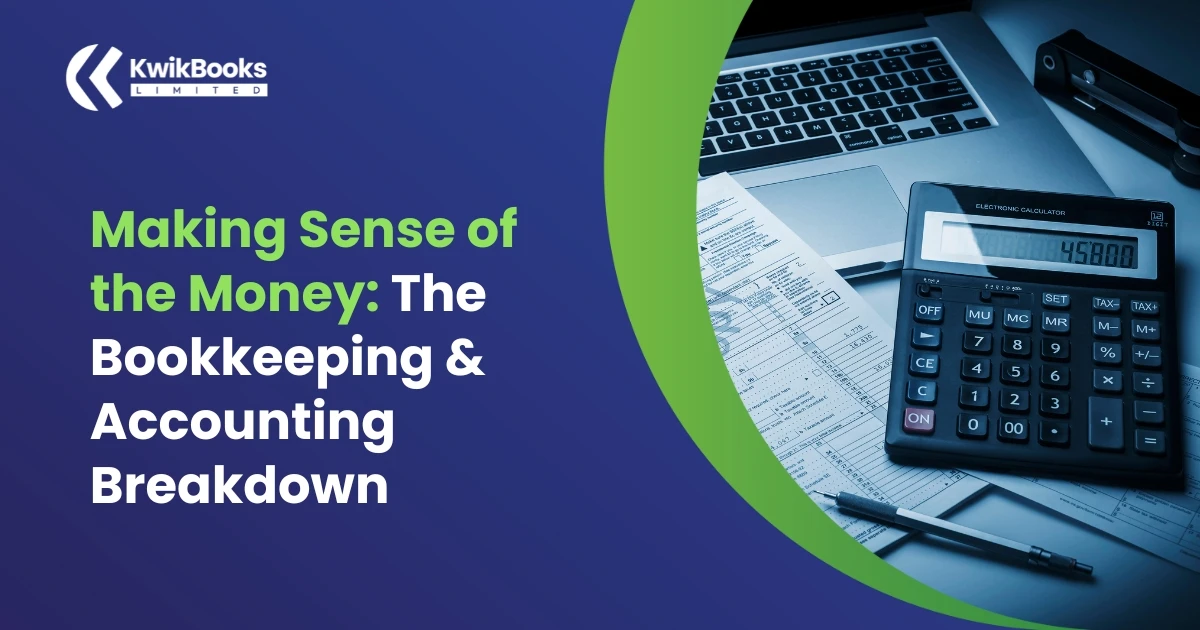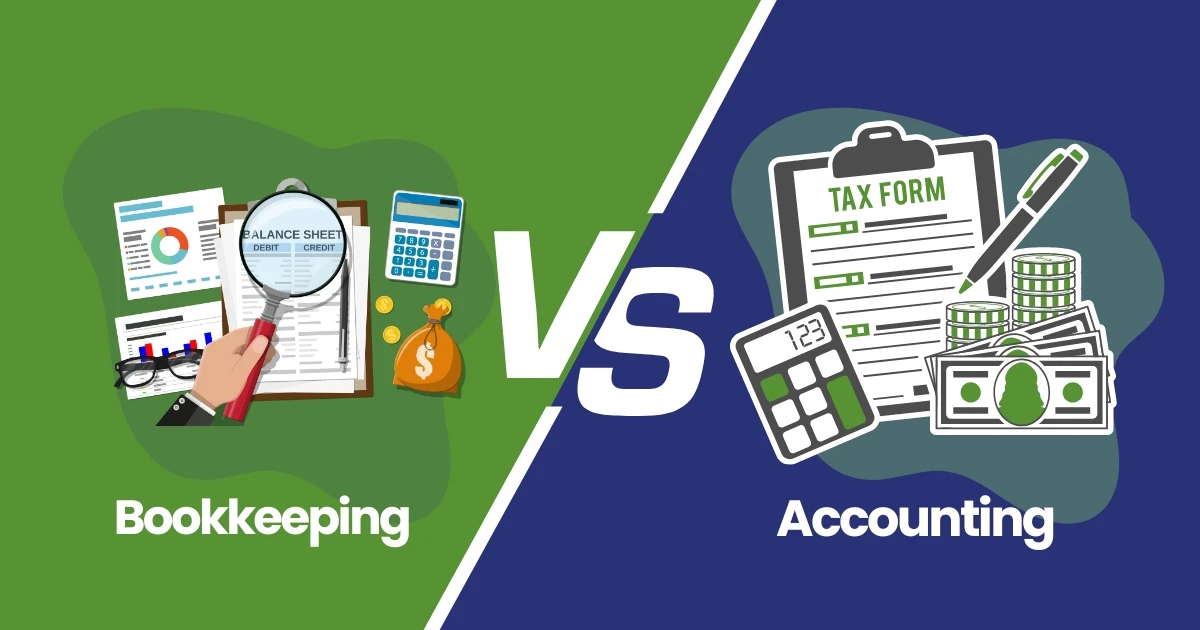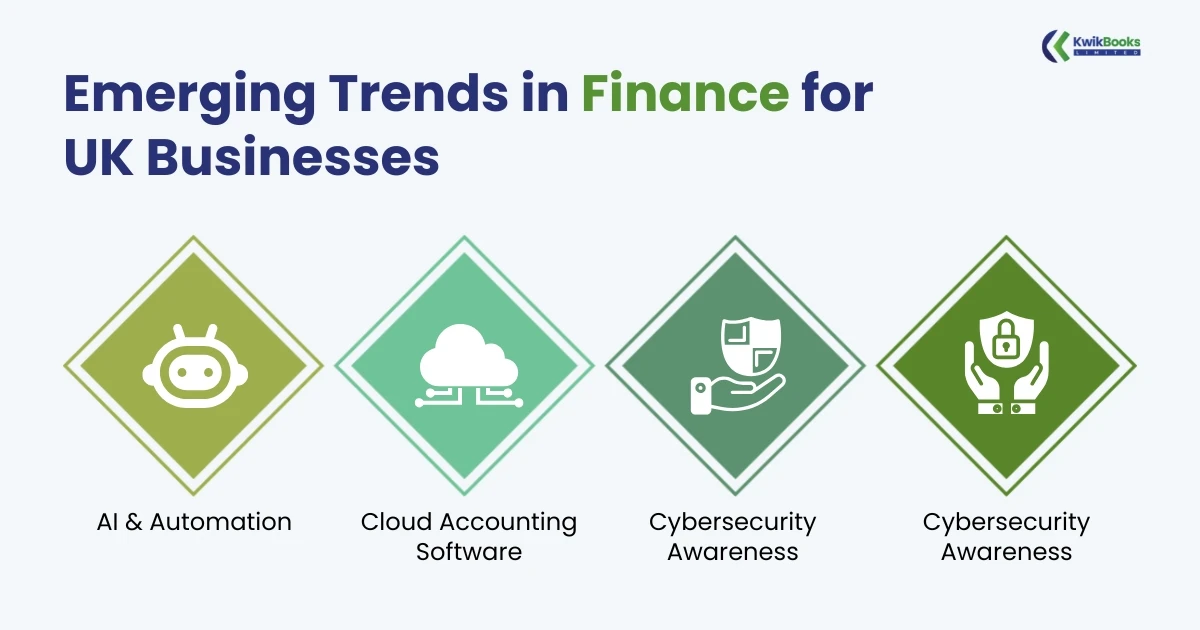
In the fast-paced world of small and medium-sized enterprises (SMEs), understanding your finances is key to success. Yet many business owners still confuse two essential financial functions: bookkeeping and accounting.
Both are crucial, but they serve very different purposes. Whether you’re just starting your business in the UK or are looking to strengthen your financial management, knowing how these roles differ and how they complement each other can be a game-changer.
Bookkeeping refers to the daily recording, categorisation, and organisation of a company’s financial transactions. From sales and purchases to receipts and payments, every transaction is tracked methodically to maintain a clear financial trail.
Bookkeepers ensure your business stays organised and compliant. With reliable records, you’ll always know your current financial position a critical factor for informed decision-making and HMRC obligations.
Accounting takes the information compiled by bookkeeping and turns it into insightful, strategic financial reports and guidance. It’s more analytical and advisory in nature, helping businesses assess performance and plan for the future.
Accountants help small businesses identify trends, reduce financial risks, and make strategic decisions aligned with long-term goals.

The distinction between the two comes down to task type and purpose. Here’s a side-by-side comparison:
Bookkeeping | Accounting |
| Records daily financial transactions | Prepares financial statements |
| Focuses on invoices, receipts, and ledgers | Focuses on strategy and insights |
| Reconciles bank accounts | Conducts audits and financial reviews |
| Processes payroll and expenses | Handles tax planning and filing |
| Works with raw data | Works with both raw and processed data |
| Supportive function | Strategic function |
| Tasks are daily or weekly | Tasks are monthly, quarterly, or yearly |
Bookkeeping feeds the accounting process. Without accurate bookkeeping, accounting insights wouldn’t be possible.
Many SMEs in the UK struggle with misunderstandings around financial management. Let’s clear a few up:
No. | Myth | Reality |
| 1 | Bookkeeping is only for large businesses | Bookkeeping is vital for businesses of all sizes. It helps small businesses stay organised and compliant. |
| 2 | Bookkeeping is just data entry | Bookkeeping involves tracking spending, reconciling accounts, and providing financial insights. |
| 3 | Accountants are only needed at tax time | Accountants help year-round with planning, forecasting, and compliance—not just during tax season. |
| 4 | Remote bookkeeping/accounting is unsafe | Reputable providers use encrypted platforms and follow UK data protection laws for security. |
Both bookkeeping and accounting play vital roles in keeping your business compliant with HMRC regulations and Companies House requirements.
This teamwork helps avoid fines, missed deadlines, and the stress of disorganised finances.

The financial world is evolving rapidly, and UK SMEs need to stay ahead. Here are a few trends to watch:
Artificial intelligence is being used to streamline bookkeeping and accounting tasks, reducing errors and freeing up time for analysis.
Cloud platforms like Xero, Sage, and QuickBooks have transformed how SMEs manage their finances, offering real-time access and collaborative tools.
With growing cyber threats, bookkeepers and accountants must prioritise data protection and implement strong access controls.
The demand for remote finance professionals is increasing. Thanks to technology, UK businesses can now outsource these functions while maintaining efficiency and compliance.
In reality, you need both. Bookkeeping gives you the raw financial data, and accounting turns that data into strategy.
For small and medium-sized businesses in the UK, understanding the difference between bookkeeping and accounting isn’t just helpful, it’s essential. Each plays a critical role in maintaining your financial health and ensuring your business stays compliant, efficient, and ready for growth.
At KwikBooks, we believe that accurate, consistent bookkeeping is the cornerstone of smart business decisions. While accountants offer strategic guidance and financial planning, their work is only as strong as the records they rely on. That’s where we come in, providing trusted, detail-driven bookkeeping services that simplify compliance and support long-term success.
By partnering with KwikBooks, you gain more than just a service; you gain a reliable financial partner. Our expert team ensures your records are always up to date, giving you and your accountant the clarity needed to forecast confidently, plan wisely, and grow sustainably.

Stay updated with expert bookkeeping tips and insights! Subscribe now to receive updates directly in your inbox for your business.
* We never spam your email
KwikBooks Limited 1 Hadley Court, 223 Ballards Lane, London, N3 1NB,
Monday - Friday 09:30 AM - 05:30 PM
© 2026 All Rights Reserved.